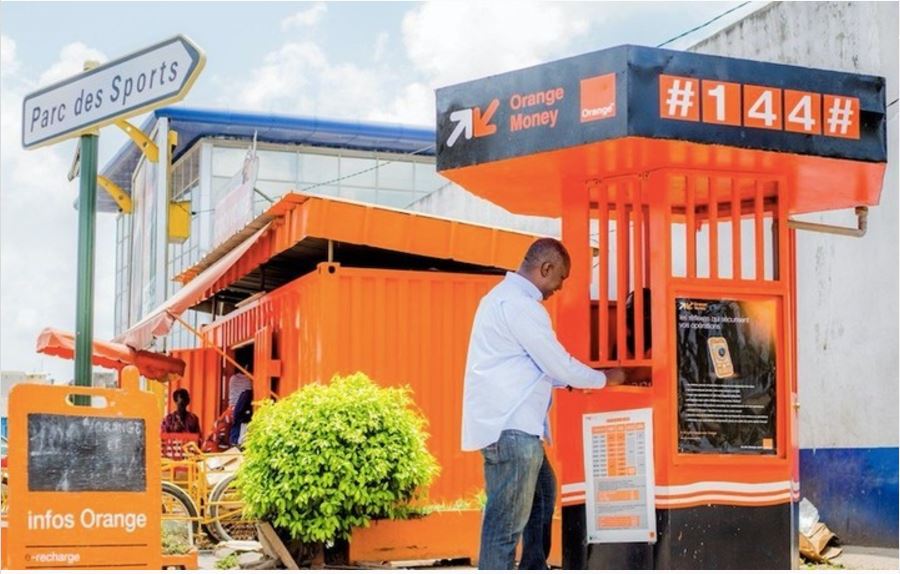A Controversial Mobile Money Tax Sparks Debate
The General Directorate of Taxes in Madagascar recently announced a 0.5% tax on mobile money transactions exceeding 150,000 Ar (approximately $31.80 USD). This decision has drawn sharp criticism from the country’s leading mobile money operators—MVola, Orange Money, and Airtel Money—who argue that this measure will harm millions of Malagasy users, hinder economic progress, and reverse strides made in financial inclusion.
Rising Costs for Mobile Money Users
According to the operators, the proposed tax would significantly increase the cost of mobile money services, with transfer fees rising by two to five times and merchant payment fees surging by as much as tenfold. This would disproportionately affect low-income households, reducing their purchasing power and making everyday transactions less affordable.
The ripple effects would extend beyond users. Over 164,000 distribution agents, who facilitate these services across the country, could see their incomes shrink as users revert to cash transactions. This downturn threatens the economic stability of approximately one million people whose livelihoods depend on this ecosystem.
Threat to Digital Transformation in Madagascar
The tax could derail Madagascar’s ongoing digital transformation. Mobile money has been instrumental in formalizing financial transactions and supporting the country’s broader digitization goals. Operators warn that this tax would drive users back to cash-based transactions, which are less secure, harder to trace, and more prone to theft.
Additionally, reverting to cash could bolster the informal economy, making it more difficult for the government to collect taxes and monitor economic activities. Foreign exchange inflows, vital for macroeconomic stability, could decline, while the tax’s impact may deter international and local investments, sending a negative signal to the global business community.
Lessons from Other Countries
Operators have cited examples from Tanzania, Ghana, and Cameroon, where similar taxes led to significant drops in mobile money activity. In these cases, user numbers plummeted by 30%, while transaction values dropped by 60% within months of implementation. Madagascar’s mobile money operators predict a similar outcome, projecting that the tax would generate just 50 billion Ar annually—far short of the 143 billion Ar the government anticipates. This shortfall would be compounded by fiscal losses tied to reduced economic activity, delayed formalization, and stalled digital innovation.
Impact on Financial Inclusion Goals
Mobile money has been a cornerstone of financial inclusion in Madagascar, enabling millions to access financial services that were previously out of reach. The tax risks reversing these achievements, disproportionately impacting underserved communities and slowing down efforts to integrate them into the formal financial system.
“Financial inclusion is not just about numbers; it’s about creating opportunities and reducing inequalities,” stated one operator. The proposed tax undermines this mission by making mobile money less accessible for those who need it most.
Proposed Alternatives for Sustainable Revenue Growth
Rather than imposing a counterproductive tax, mobile money operators are urging the government to explore alternative strategies to boost fiscal revenue. These include:
- Expanding Mobile Money Adoption: Encouraging wider use of mobile money services could significantly increase transaction volumes and boost tax revenues. Operators estimate that fostering mobile money adoption could generate an additional 50 billion Ar in direct and indirect taxes by 2025.
- Digitizing State Payments: By transitioning government payment systems to digital platforms, the value of merchant payments could double, potentially adding 100 billion Ar in tax revenues annually.
- Stakeholder Collaboration: Operators have emphasized the need for constructive dialogue between the government, private sector, and civil society. Such discussions could result in a fair, sustainable tax framework that balances revenue generation with the need for financial inclusion.
The Call for a Fair and Inclusive Tax Policy
The three mobile money operators have openly criticized the lack of consultation in the tax’s planning and have called for its reconsideration. They advocate for a transparent, collaborative approach to fiscal policymaking that takes into account the impact on ordinary Malagasy citizens and the broader economy.
Our priority is to protect consumers and advance economic development. We urge the government to work with us in creating a tax system that fosters financial inclusion rather than hindering it,”
“Our priority is to protect consumers and advance economic development. We urge the government to work with us in creating a tax system that fosters financial inclusion rather than hindering it,” stated the joint release from MVola, Orange Money, and Airtel Money.
Conclusion: Rethinking Economic Policies for Long-Term Growth
Madagascar stands at a crossroads. The proposed mobile money tax threatens to undo years of progress in financial inclusion and digital transformation, with far-reaching implications for economic growth. By fostering collaboration and pursuing innovative solutions, Madagascar can achieve its revenue goals without sacrificing the well-being of its citizens or its vision for a digitally inclusive economy.







